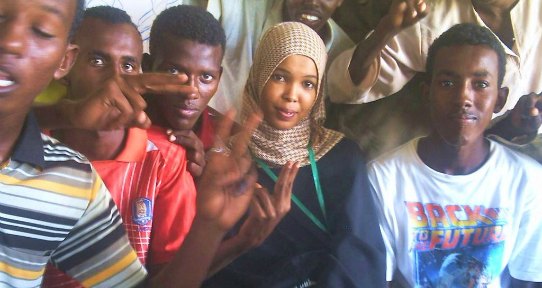Youth & international contexts

Journeying to the Moon: Knowledge and Perceptions of Menstruation Among Very Young Adolescent Girls Living in Uganda’s Poor Urban Locales (2021-)
This new project examines adolescent girls’ living in Uganda experiences of reproductive justice.
Community Partner: Nascent Research and Development Organization Kampala Uganda and and Makerere University, Uganda
Funding Partner: SSHRC Partnership Development Grant
Research Team: Doris Kakura (PI) & Mandeep Kaur Mucina (Co-PI) Grace Bantebya (Co-PI) and Anna Kamusimme (Co-PI)
Contact: mmucina@uvic.ca
Chinese Canadians’ experiences of the dual pandemics of COVID-19 and racism (2020-)
CFYS research fellow Dr. Nigel Mantou Lou explores the impacts of the COVID-19 pandemic on the experiences of Chinese Canadians. In addition to the virus, Chinese Canadians faced an onslaught of racism, which has had implications for identity, negative emotion, and anti-racism incident reporting.
Funding Partner: CIHR
Research team: Nigel Mantou Lou & team
Contact: nigellou@uvic.ca
Bordering practices in the Canadian child welfare system: How immigration status shapes risk assessment with immigrant families (2020-)
Stemming from a previous project of Dr. Mucina’s, this project examines the impact of border practices on child welfare and immigration in British Columbia and Ontario. This research also looks at how precarious immigration status shapes immigrant families’ assessment of risk. The research team are now in the second year of the project and are focusing on finishing the first policy and briefing report.
Community Partners: Research advisory team consisting of multiple agencies in BC and ON
Funding Partner: SSHRC Insight Grant
Research Team: Mandeep Kaur Mucina (Co-PI), Rupaleem Bhuyan (Co-PI), Bryn King, and Rhonda Hackett
Contact: mmucina@uvic.ca
How do growth mindsets contribute to an inclusive culture for newcomer language learners in Canada? (2018-)
When it comes to learning a new language, individuals tend to believe that language learning is an innate skill (fixed mindset) or malleable and can be developed with support (growth mindset). Those with a growth mindset view newcomers with limited English as having more potential to improve their skills and are therefore more likely to interact with recent immigrants. Those with a fixed mindset believe that newcomers have little ability to improve. These beliefs about language potential have implications for attitudes towards immigration and government-funded language programs, as well as interactions with recent immigrants.
Research team: Nigel Mantou Lou & team
Contact: nigellou@uvic.ca
